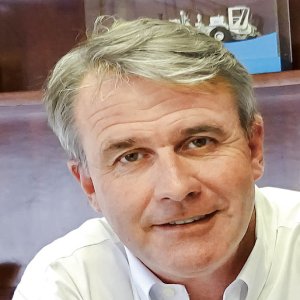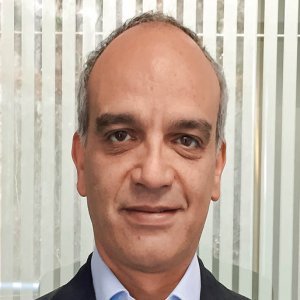Further Steps in the Improvement of Safety Culture

STORY INLINE POST
Q: What is your current general perspective on Mexico’s progress in the realm of safety culture?
A: In Mexico, the culture in the industry is such that there is plenty of room for improvement in environmental, health, and safety matters in the oil and gas industry. Last year there were preventable platform accidents that caused many casualties. We have to recognize that this happens everywhere, not just in Mexico. However, in Mexico there is an urgent need for the improvement of our safety performance. Operators tend to know and understand health and safety management systems. Therefore, the problem is making sure that the existing policies are being implemented. On paper, we know what needs to be done but transferring these goals to reality entails a cultural challenge.
Safety has always been a key component in the industry, but progress is yet to be seen. On the other hand, environmental regulations are moving forward. The oil and gas industry is a risky business for operators due to the extreme conditions, pressure, and temperatures. The equipment, just like the methods and processes, is designed with safety in mind. The challenge is translating this to the day-to-day operations. Big companies that have had negative experiences in the past are well aware of the terrible consequences that can occur when safety is not prioritized.
Q: What would be the most important changes that would need to take place in the Mexican oil and gas industry to improve its safety culture?
A: The industry needs to learn to work together and share experiences. A solution is to encourage operators to openly share past mistakes, facilitating the learning process in the industry. The Macondo incident provides a good example, as these type of accidents are an opportunity to teach others in the industry a few lessons. In this case, the lesson learned led to the renovation of equipment in some companies. Collaborating with other players that have already invested in safety equipment is important in order to design high safety standards. Accidents will continue to happen, however, and the aim must be zero accidents. A significant amount of money has already been directed toward creating manuals and procedures, yet important elements such as training on the right behaviors are overlooked. Without a cultural change, the safety of the oil and gas industry will not advance.
Q: How can ERM help mitagate the environmental and social consequences of deepwater operations?
A: People commonly believe that social studies are unnecessary for deepwater operations but this is not the case. Even though the platform is far away from the coastline, the operators are still interacting with the surrounding communities due to a need for infrastructure. Economic activities such as fishing create interactions that need to be included in impact assessments for new operators. New development proposals raise concerns for NGOs and society in general, and we understand those worries. Firstly, developers need to know the current conditions, and then, based on the project proposal, catch sight of possible impacts that can occur from seismic surveys, drilling, and eventually, production. Historically, activity from the oil and gas industry has affected the terrain. The new operators need to distance themselves from past actions that are potential liabilities. ERM accompanies them through the process and tells them freely about any challenges that could come up such as time constraints, while simultaneously working with government agencies.
























